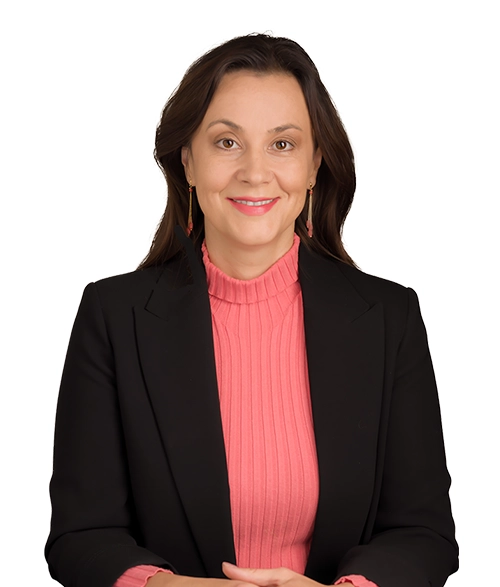Malta has become a popular EU jurisdictions for investment funds. Malta offers a wide range of fund products. It has an accessible and proactive funds regulator, the Malta Financial Services Authority (“MFSA”), which is the single regulator responsible for the authorisation and supervision of all financial services in Malta. It offers a perfect balance between a tax efficient, well regulated and affordable fund domicile destination, able to accommodate complex strategies and structures. Malta enjoys a highly advantageous tax regime, where licensed funds are generally exempt from Maltese income and capital gains tax. Malta has low operational costs for a fully licensed fund compared to other EU jurisdictions. Malta allows the creation of Umbrella Funds and the use of foreign fund managers and custodians is permitted. Certain funds (PIFs/AIFs) may apply for a listing on the Malta Stock Exchange (“MSE”).
Maltese funds may be licensed as either Alternative Investment Funds (“AIFs”) with the ability to passport the fund throughout the EU under the Alternative Investment Fund Managers Directive (“AIFMD”), the Professional Investor Fund (“PIF”), which is the fund of choice for smaller funds (“De Minimis Managers”), and Undertakings for Collective Investment in Transferable Securities (“UCITS”). Furthermore, Malta’s framework allows for the Notified AIF or NAIF, which has been designed to reduce the time-to-market and can be registered within ten (10) days. In addition, a fund can be set up as a private family fund (“Private Collective Investment Scheme” or “CIS”) with a participation of not more than 15 friends or family members of the promoter. Such fund is not subject to any licensing requirements but solely requires a recognition certificate issued by MFSA.
LINDEMANNLAW can help you set up in Malta investment companies, limited liability companies with a variable share capital (“SICAVs”) or without variable share capital (“INVCOs”), open-ended and closed-ended investment companies, limited partnerships, unit trusts, contractual funds, prescribed and non-prescribed funds, Alternative Investment Funds (“AIFs”), Notified Alternative Investment Funds (“NAIFs”), Professional Investor Funds (“PIFs”), Retail Funds (“UCITs”), Crypto PIFs, special purpose vehicles (“SPVs”), private family funds (“Private Collective Investment Schemes” or “CISs”).
In addition, Malta has developed into an attractive jurisdiction for international business and investment, through its ever-growing commitment to establishing itself as a financial services hub. The flexibility of the securitisation regime allows for an extensive range of assets, including future receivables, which may be securitised through a Maltese vehicle.
Securitisation is, in its very basic terms, the process of taking a illiquid assets (e.g. private debt, real estate, CAT risks) through financial engineering transforming them into a bankable security with an ISIN which may be easily sold to and subscribed by investors on financial markets. The process is particularly attractive to regulated or non-regulated institutions or asset managers such as banks, insurers, real estate developers or other alternative investments providers which may be subject to regulatory limits on levels of lending by reference to the outstanding level of loan assets held on their balance sheets.
LINDEMANNLAW can help you set up in Malta tax neutral securitisation vehicles (“SVs”), including in a form of an investment company, commercial partnership, trust, securitization cell company (“SCC”), protected cell companies (“PCC”), public and private limited companies including drafting of financial instruments and negotiation with financial regulators (e.g. MFSA) and paying agent(s) and tokenization (security or asset tokens – STOs).



